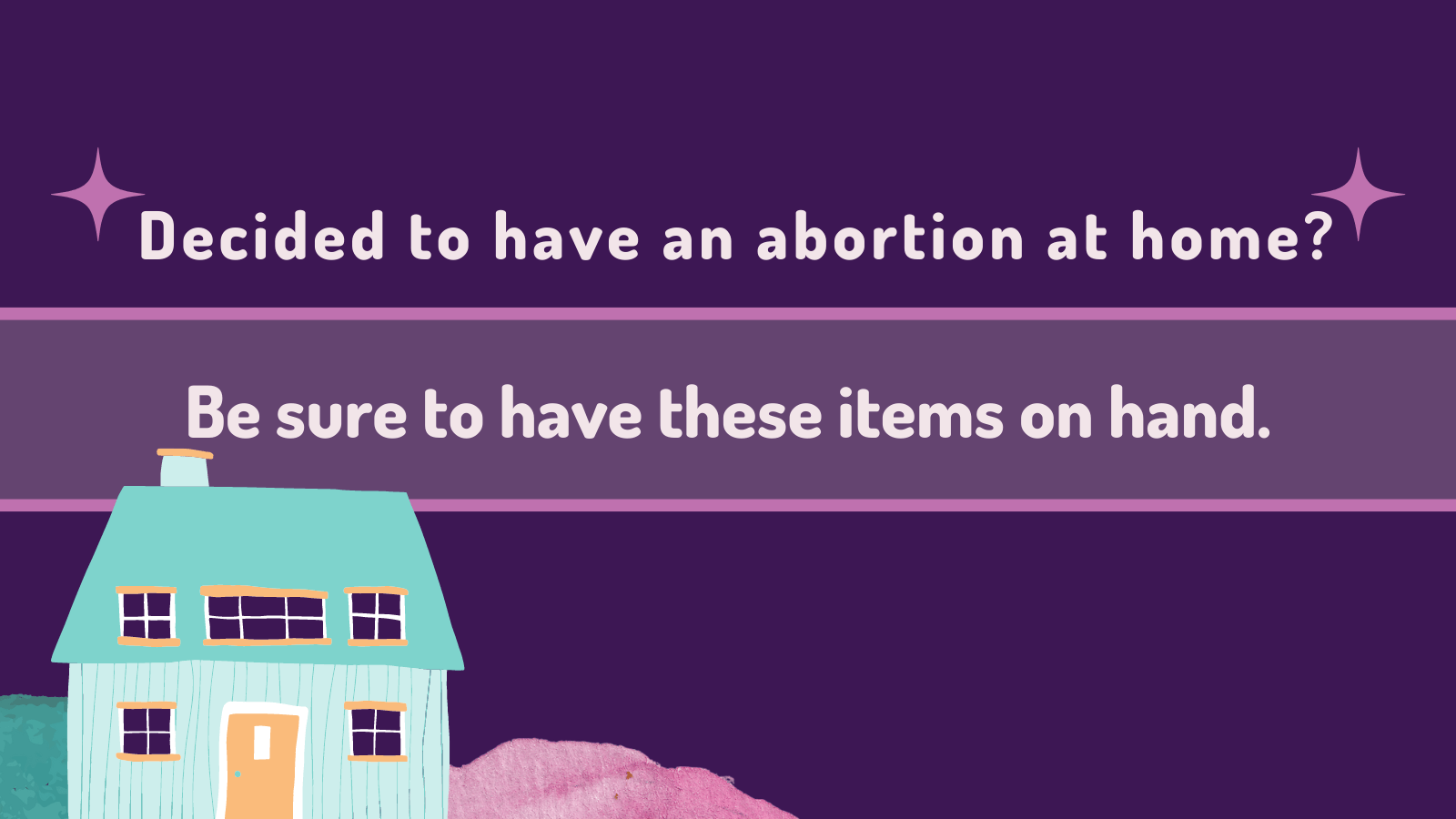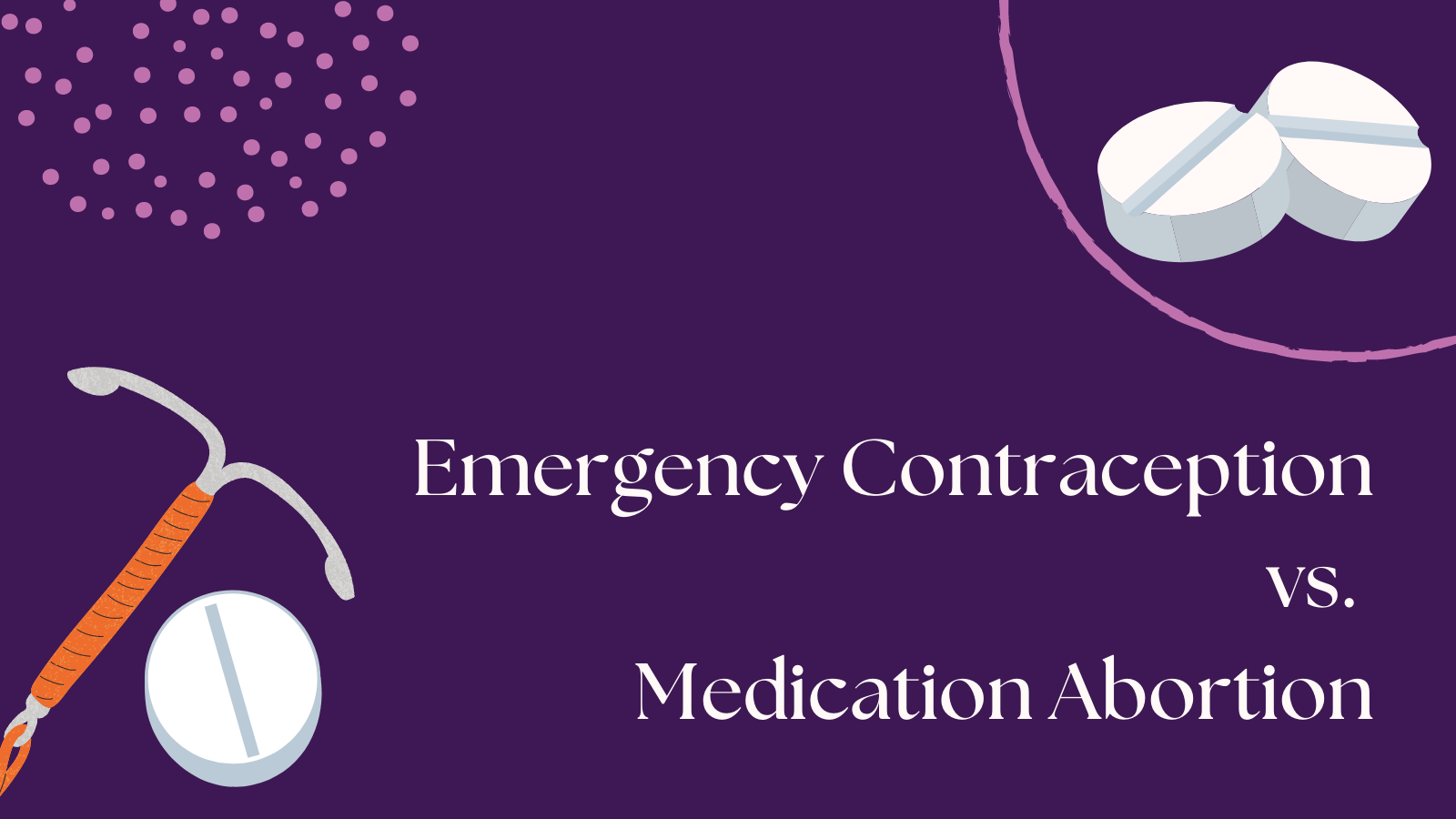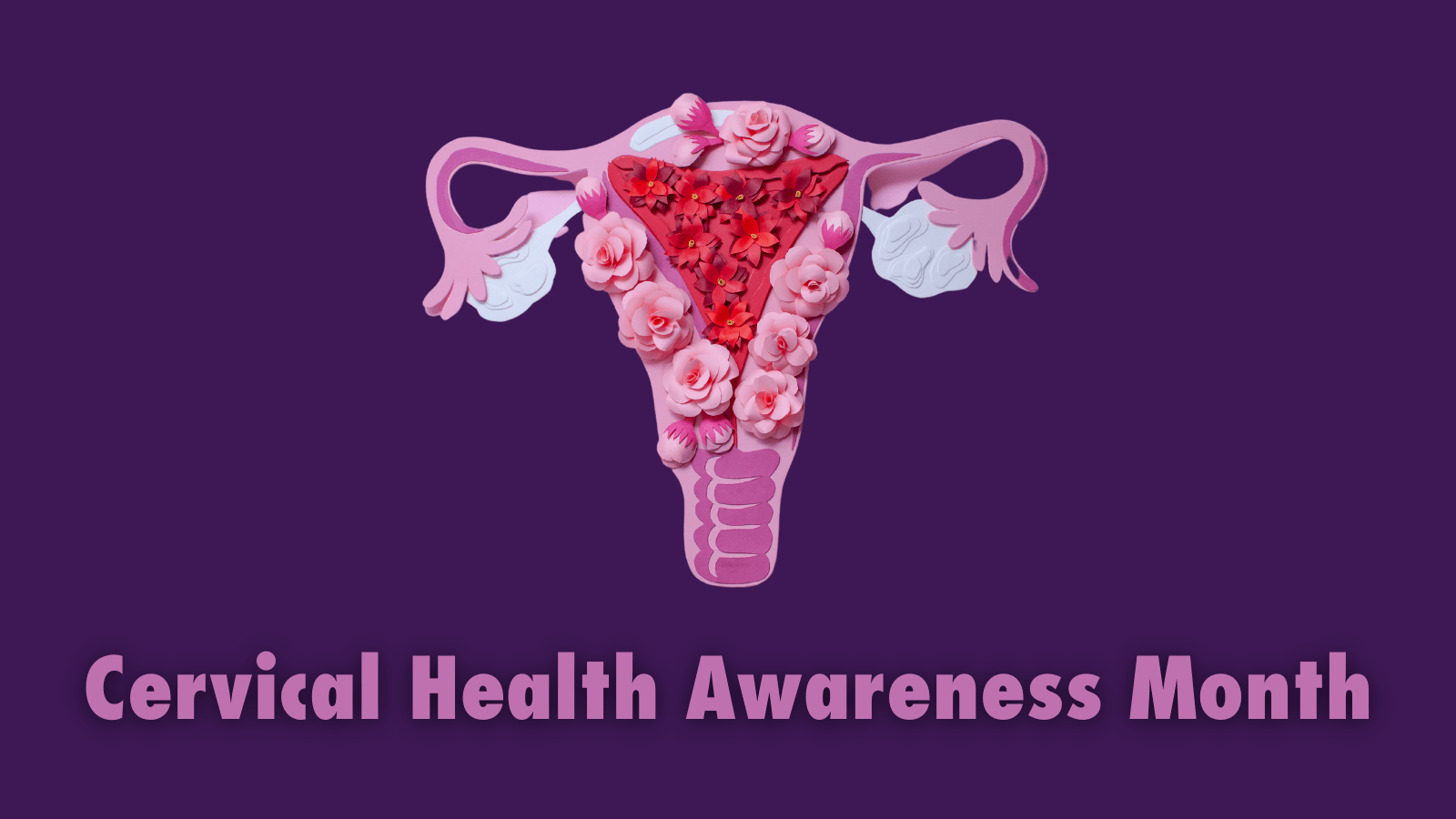By Bhavik Kumar, MD MPH, Texas Medical Director
From my own practice of medicine and from peer-reviewed studies, we know that women of color, low-income women, and young women face the barriers to accessing abortion care with greater severity than others. Unfortunately, these groups of people also face other barriers in life such as poverty, poor access to prenatal care, and lower rates of health literacy. When placed in combination with restrictive abortion laws, the burdens carried by these groups of people can oppress them for generations.
The Texas legislature in 2017 passed Senate Bill 8 (SB8), a set of anti-abortion laws that would make it more unnecessarily difficult to access and provide abortion care. One of these provisions is central to an ongoing legal battle that was decided by a Federal court last week. This is a law that would require physicians to begin experimenting with patients in order to meet the requirements of the law. The law would allow legislators to dictate how I practice medicine, potentially putting my patients in harm’s way.
Unfortunately, this is not the first time ideologically based laws have found their way into my provision of medical care. For decades, politicians have tried to chip away at a person’s right to access abortion care. They have been able to accomplish this through required waiting periods up to 72 hours in some places, burdensome reporting requirements for clinics, requiring physicians to read medically inaccurate information to patients before an abortion, and adding barriers to young women seeking abortion care. Ultimately, healthcare decisions should be made with the clinician, the patient, and any person they choose to include, not with politicians.
In my opinion, this is the ultimate purpose of any law that specifically targets, intentionally or otherwise, certain groups of people– to continually increase barriers, so that access to safe, quality abortion care is out of reach.
With last week’s favorable decision from Judge Yeakel in Texas, I am able to continue providing care to patients based on my years of training and practice medicine based on science and research, not ideology. The court has confirmed that the state had no vested interest in the well-being of the people I take care of and that the proposed law would have only added to the burdens my patients already face in accessing abortion care in Texas.
I celebrate this just decision with the patients I take care of every day and with the staff at Whole Woman’s Health clinics across Texas in Fort Worth, Austin, San Antonio, and McAllen. We see the faces that are affected by these laws, we hear their stories, and we often feel their burdens.
Today, there will be one less medically unnecessary burden in the way for people exercising their constitutional right to an abortion. But let’s not forget the already inherent challenges that exist that some are faced with that make it nearly impossible to access safe, quality abortion care.
Please consider supporting and donating to www.wholewomanshealthalliance.org so that we can ensure that those who visit our clinics can access the care that they deserve.



